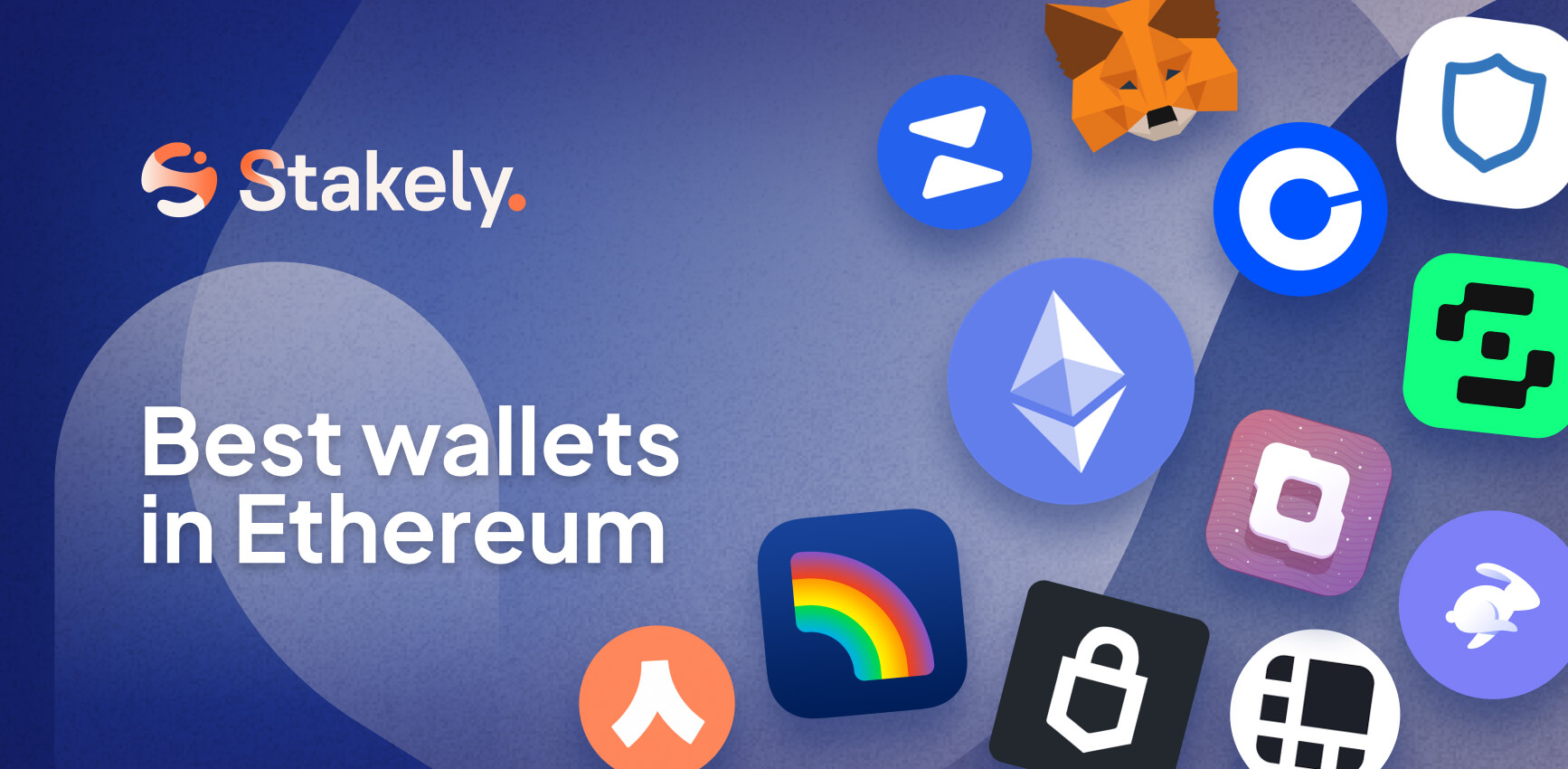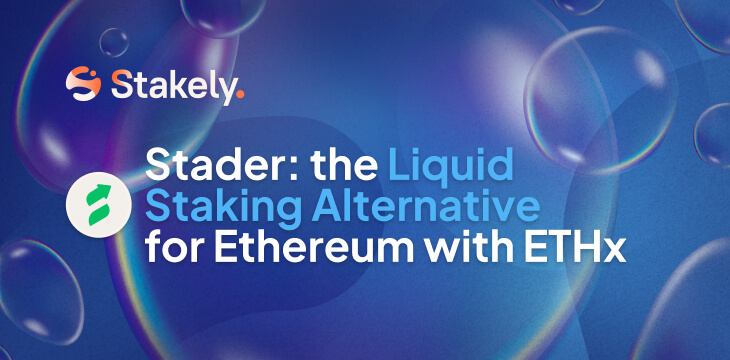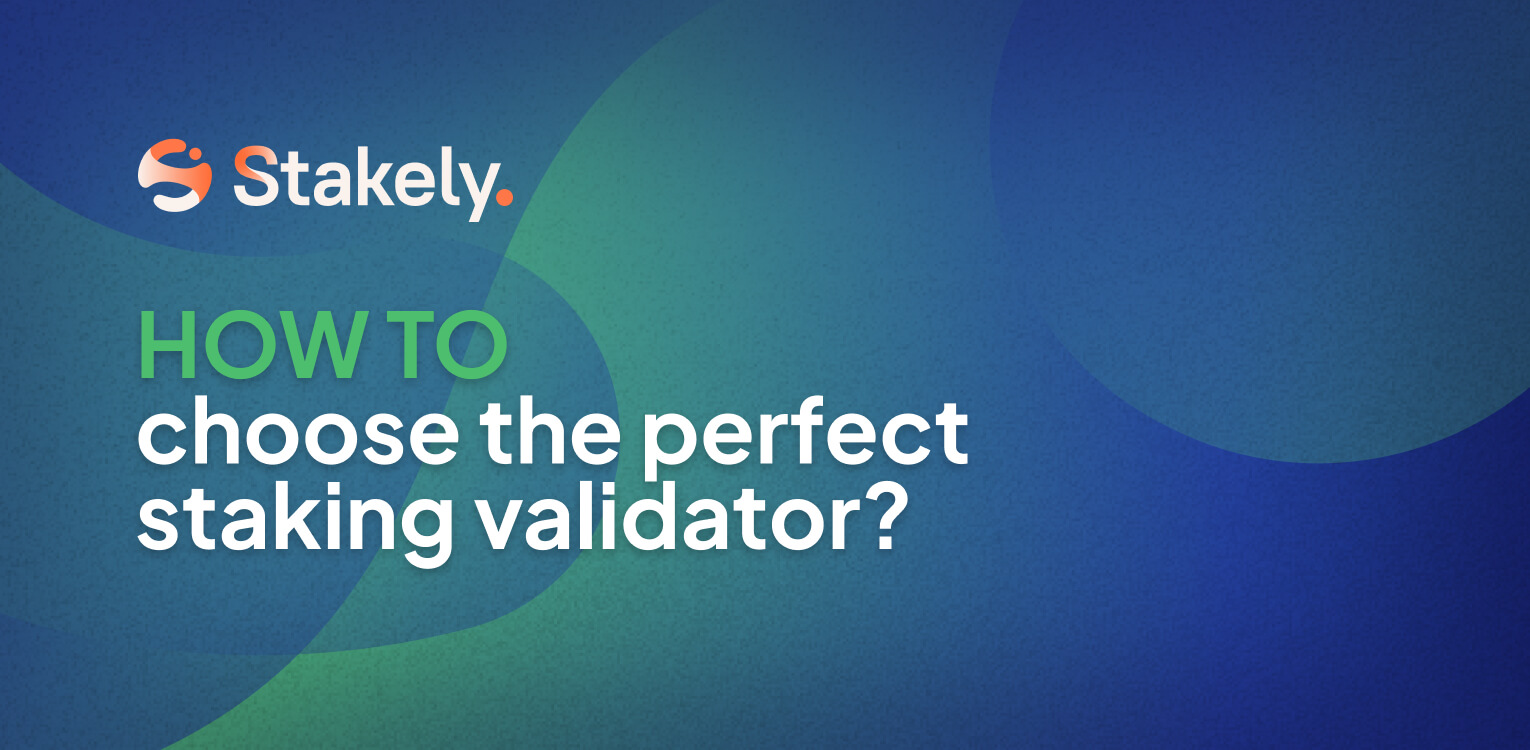Discover the 10 best non-custodial Ethereum wallets in 2025

Self-custody has become the security standard in the crypto ecosystem. In a landscape where phishing attacks, hacks on centralized exchanges, and security breaches remain common, having a non-custodial Ethereum wallet is no longer optional—it’s a necessity.
But with so many options available in 2025, choosing the best Ethereum wallet can be a challenge. This depends on multiple factors: Do you prioritize a secure Ethereum wallet, an easy-to-use mobile Ethereum wallet, or do you prefer an Ethereum multisig wallet for greater control?
In this guide, we’ve put together an updated comparison of the 10 best non-custodial Ethereum wallets in 2025, including advantages, limitations, DeFi compatibilities, and ideal use cases. Whether you’re new to Ethereum or already managing assets across multiple networks, here you’ll find the DeFi Ethereum wallet that suits you.
Types of Ethereum non-custodial wallets
Before we dive in, if you’re still unsure, it’s worth reviewing the main types of non-custodial Ethereum wallets you can find in 2025:
- Hot wallets: fast and convenient, but exposed to online risks.
- Cold wallets: offline storage, maximum security for HODLing.
- Mobile wallets: ideal for daily use from your phone.
- Desktop wallets: more control, but dependent on PC access.
- Multisig wallets: like Safe, require multiple signatures to operate.
Now, let’s see which options stand out this year and why.
What criteria did we use to choose the best Ethereum wallets for 2025?
To select this year’s top 10, we evaluated each wallet based on key criteria that ensure security, usability, and compatibility with today’s Ethereum ecosystem:
- Security: must be non-custodial, with features like multi-signatures, security Snaps, or recovery options.
- User experience: intuitive interface and smooth connection with DeFi apps, NFTs, and Web3 tools.
- ERC-4337 support: compatibility with smart accounts and features like gas abstraction.
- Integration with hardware wallets: compatibility with Ledger, Trezor, or other cold wallets.
- Multichain and mobile support: does it support other EVM networks beyond Ethereum? Does it have a mobile app or desktop version?
With these criteria in mind, here are the best options for managing your Ethereum wallet in 2025.
Wallet #1 – MetaMask: Web3 leader 🦊
MetaMask is the most popular Ethereum wallet, with broad DeFi compatibility and multichain support. Ideal for getting started.
Pros:
- Popular and supported on almost all dApps
- Compatible with hardware wallets
- Supports all EVM networks plus some non-EVM networks via MetaMask Snaps
- 99.99% transaction success rate
Cons:
- Limited to the Ethereum ecosystem and EVM networks
- Limited privacy
- Some centralized features
- Complex network configuration
→ Download MetaMask.
Wallet #2 – Rabby: Transaction clarity
Rabby is an open-source wallet designed as an alternative to MetaMask, focusing on security and transaction transparency. Ideal for users who value control.
Pros:
- Transactions visible before signing
- Multi-chain support (+140 EVM networks)
- Open source
- Available in browser and on Rabby Mobile (iOS 15+ and Android 11+)
Cons:
- Only supports EVM networks and testnets
- Smaller community and ecosystem compared to MetaMask
- Fewer integrations with non-EVM dApps
→ Download Rabby.
Wallet #3 – Frame: power for advanced users
Frame, designed for advanced users, offers multichain support and an interface optimized for dApps. A powerful, customizable experience for those seeking more control in Web3.
Pros:
- Desktop and browser interface
- Omnichain architecture
- NFT and Web3 app support
Cons:
- Lower adoption
- Steeper learning curve
→ Download Frame.
Wallet #4 – Trust Wallet: Hassle-free multichain
Trust Wallet is an all-in-one mobile wallet, with a simple interface and one of the widest asset compatibilities on the market. Easy to use, no KYC, and with features like swaps and NFT management—ideal for DeFi users who want to manage everything from their phone.
Pros:
- Supports many networks
- No KYC required
- Very intuitive mobile app
Cons:
- No desktop version
- Risks when interacting with unaudited protocols
- No real-time customer support
- Limited gas fee customization
→ Download Trust Wallet.
Wallet #5 – Safe{Wallet}: Enterprise multisig
Safe{Wallet}, formerly known as Gnosis Safe, is a multisig wallet designed for maximum security—ideal for DAOs, teams, and crypto treasury management, as it allows multiple signers to approve transactions.
Pros:
- Multisig security
- Ideal for DAOs and treasuries
- In 2025, Safe{Wallet} leads an industry-wide initiative to improve transaction verifiability
Cons:
- Technical complexity
- Not ideal for basic individual use
→ Download Safe.
Wallet #6 – Rainbow: Design for beginners
Rainbow is a mobile wallet aimed at Ethereum beginners, with a polished design and easy-to-use experience. Perfect for exploring DeFi, NFTs, and ENS, though limited to Ethereum.
Pros:
- Attractive and accessible interface
- ENS and NFT support
- Integration with Uniswap
Cons:
- Ethereum-only
- No desktop version
→ Download Rainbow.
Wallet #7 – Taho: No-compromise alternative
Taho wallet, formerly known as Tally Ho, is a community-owned, open-source wallet with a focus on transparency and user sovereignty. It offers a refined UX and is designed for those seeking a decentralized alternative to wallets like MetaMask.
Pros:
- 100% open source
- Active community
- Full key control
Cons:
- Limited use beyond Ethereum
- Lower adoption
→ Download Taho.
Wallet #8 – Coinbase Wallet: Institutional backing
Coinbase Wallet, soon to be Base Wallet App, is Coinbase’s non-custodial wallet, designed for users who want to explore Web3 with an extra layer of institutional support. It combines ease of use with advanced security measures, though some features require KYC.
Pros:
- Backed by Coinbase
- Hardware wallet integration
- App for NFTs and DeFi
Cons:
- Some features require KYC
- Code is not fully open source
→ Download Coinbase Wallet.
Wallet #9 – Argent: Smart-contract security
Argent Wallet, now called Ready Wallet, offers a keyless experience using smart contracts and guardians to recover access. It’s secure, mobile-only, and focused on zkSync and smart accounts—ideal for those seeking simplicity without compromising self-custody.
Pros:
- No traditional private keys
- Guardians for recovery
- Strong zkSync support
Cons:
- Limited to Ethereum and zkRollups
- No desktop version
→ Download Argent.
Wallet #10 – Zerion: Perfect for DeFi investors
Zerion is a wallet for advanced DeFi users, with tools to track and manage portfolios across multiple protocols from a single interface. Non-custodial, no KYC, and powerful for optimizing DeFi strategies, though it has a learning curve.
Pros:
- Real-time portfolio tracking
- Ethereum and Solana wallet
- Multi-protocol support
- Clean, KYC-free interface
Cons:
- No hardware wallet compatibility
- Requires basic DeFi knowledge
→ Download Zerion.
Ethereum wallet comparison 2025
| Wallet | Active Users | Wallet Type | Platforms | Cost | Compatibility |
|---|---|---|---|---|---|
| MetaMask | 143 M | Hot wallet (Software) | Web (Portfolio), Android/iOS mobile app, Chrome/Firefox/Brave/Edge/Opera extension | Free | Ledger, Trezor |
| Rabby | 4.2 M | Hot wallet open-source (Software) | macOS/Windows/Linux desktop app; mobile app; Chrome/Brave extension | Free | Ledger, Trezor, GridPlus, others |
| Frame | 7,000 | Hot wallet open-source (Software) | macOS/Windows/Linux desktop | Free | Ledger, Trezor, GridPlus |
| Trust Wallet | 115 M | Hot wallet (Software) | Android/iOS mobile app; Brave/Chrome/Edge/Opera extension | Free | Ledger |
| Safe | 4.5 M | Multisig wallet (Software) | Web app, iOS/Android mobile app | Free | Ledger, Trezor |
| Rainbow | 500 K | Hot wallet (Software) | Android/iOS mobile app; Chrome/Brave extension | Free | Ledger, Trezor |
| Taho | - | Community hot wallet (Software) | Chrome/Brave extension | Free | Ledger |
| Coinbase Wallet | 70 M | Hot wallet (Software) | Web (wallet.coinbase.com), Android/iOS mobile app, Chrome/Brave extension | Free | Ledger |
| Argent / Ready | 3.6 M | Smart-contract seedless wallet (Software) | iOS/Android mobile app; Chrome/Firefox/Edge/Brave extension | Free | Ledger |
| Zerion | ≥ 300 K | Hot wallet (Software) | Web, Chrome extension, iOS/Android mobile app | Free | Ledger |
| Ledger Nano Flex (BONUS) | - | Cold wallet (Hardware) | Ledger Live Windows/macOS/Linux/iOS/Android | From €149 | Secure Element |
| Trezor Safe 5 (BONUS) | 7 M | Cold wallet (Hardware) | Trezor Suite Windows/macOS/Linux | From €169 | Secure Element |
Choose the best non-custodial Ethereum wallet for you!
Non-custodial wallets give you full control over your assets. In an ecosystem like Ethereum, the ideal choice is a wallet that’s secure, compatible, and easy to use.
🔑 Remember: the best wallet isn’t the most popular—it’s the one you understand and can use with confidence.
You have the tools—now take the next step: choose your wallet and start Ethereum staking with Stakely to begin earning rewards securely.
FAQs
What does “non-custodial” mean?
In Spanish, a non-custodial wallet means you control your private keys and your funds. No one else can access, move, or block your crypto—not even the app or platform you use.
What’s the difference between a hot wallet and a cold wallet?
Hot wallets are connected to the internet (like MetaMask or Trust), while cold wallets like Ledger or Trezor store your keys offline for added security.
Are non-custodial wallets compatible with ERC-4337?
Some are, like Argent or Safe, which already integrate smart account (Account Abstraction) and gas abstraction features.
Can I stake from a non-custodial wallet?
Yes. Many wallets allow you to connect to staking protocols or validators like us, Stakely, directly from the app.





